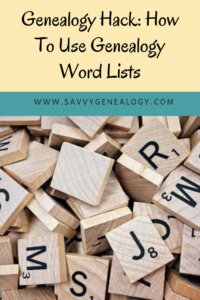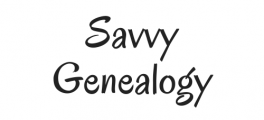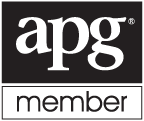Genealogy Hack: How to Use Genealogy Word Lists
You have ancestors that emigrated from Europe, Scandinavia, South America, etc. You are now faced with trying to find and read foreign records. What is your usual response when faced with these records? Do you stop, put it on the back burner for later, or do you find someone to help you? What tools do you already use to help you decipher these records? Google translate, dictionaries, and native speakers are great! But have you considered adding genealogy word lists to your other useful tools.
Genealogy Hack: Word Lists

As a genealogist working with foreign records, I rely heavily on genealogical word lists found on Familysearch.org. When I was going to school to specialize in Scandinavian records, my biggest fear was not being able to read the foreign records. I soon learned that with a little “elbow grease” and time I was able to do just fine. I used all of the above tools as well, but my favorite one was the genealogical word lists found on Familysearch Wiki. If you’re looking for Scandinavian word lists or are curious about what one looks like, then I offer links to them below.
But, there’s word lists for other languages as well. So if you’re searching for French records then find the word list for it. How about Russian or Japanese? Yep, those, too.
How It Works
The ideal way to use these word lists is to pair them with the original records. Start by looking for the headings or titles of the record and find those words on the word list. This is how you’re going to figure out if it’s a birth, marriage, or death record. Once you’ve established what kind of record it is, then you can find common words that go along with that record.

For example, let’s say you found a birth record. You would probably assume that words such as birth date, birth year, parents, and witnesses would be found on that record. Most genealogical word lists have grouped together common words in a key word list. If you can’t find the word there, then jump to the alphabetical list.
Some word lists will give English words first, then the foreign language next in their alphabetical list. While others will be the opposite. However, these lists have the most common genealogical words found on foreign records.
I usually have my word lists open in a separate tab as I’m researching because I still find words that are new to me. That’s o.k.! That’s basically how the word lists work. It’s that simple! Very few steps, not too complex computer skills, just a good old fashioned word list.
Conlusion
Genealogy doesn’t have to be hard! This genealogy hack will make your life easier if you try it. Genealogy word lists actually do make you a better genealogist because someone else has already done the legwork! And after awhile, you’ll start seeing those foreign words repeated on the same records and then you can start remembering them. So give it a try today and stretch your brain in a new way.

Here are the other blog posts in my genealogy hack series:
- Genealogy Hacks for Researching Your Ancestors
- Genealogy Hack: Read the Genealogy Directions
- Genealogy Hack: Stay Focused
- Genealogy Hack: What is a Timeline for Genealogy?
And as always friends…good luck and happy hunting!
Tiffany
P.S. Don’t forget to sign up for my weekly tips and get a free download of all of my favorite American and Scandinavian genealogy websites.
family history, foreign language, foreign records, genealogical word lists, genealogy, genealogy hack





